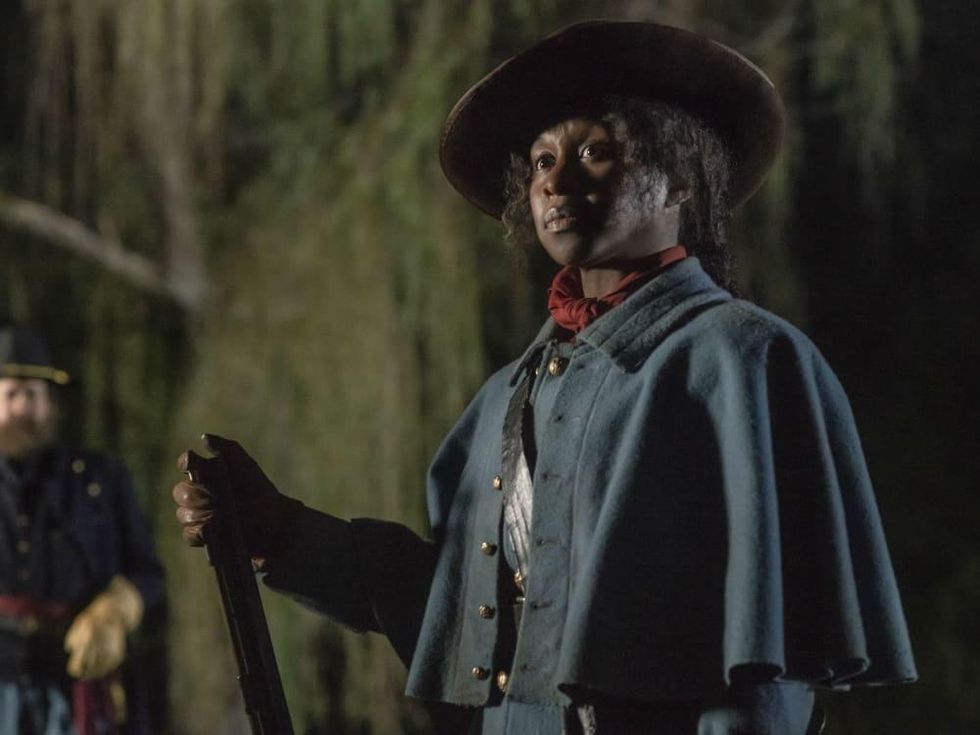Movie Review
Harriet is not the great honor that Harriet Tubman deserves
Stories centered on historical African American figures have been few and far between in the history of cinema. Even when they are told, they tend to come well past the time when comparable white figures are celebrated in film form. Harriet Tubman, one of the most famous conductors on the Underground Railroad, is finally getting her tribute with Harriet.
Directed and co-written by Kasi Lemmons, the film introduces us to Araminta Ross (Cynthia Erivo), who chafes under her owners, who she believes had promised her and her family their freedom. After living her entire life as a slave in Dorchester County, Maryland, she becomes determined to escape to the North.
With the help of a few well-connected people, she makes it to Philadelphia, Pennsylvania, and changes her name to Harriet Tubman. However, she soon becomes discouraged by what she perceives as a lack of urgency in rescuing other slaves by the local abolitionist society led by William Still (Leslie Odom Jr.). Taking matters into her own hands, she returns to the South many times to rescue hundreds of slaves, in the process gaining the nickname of “Moses” because of her preternatural ability to evade capture.
Lemmons and co-writer Gregory Allen Howard take great pains to honor the life and achievements of Tubman, but it seems they may have tried a bit too hard to be reverent. Instead of a straight-up drama, the film is treated as a type of adventure, with danger around every turn. There’s no denying the inherent riskiness of Tubman’s endeavors, but the manner in which they are shown actually diminishes what she was able to do.
Instead of narrowing the focus and showing intimate details of how the Underground Railroad worked or the specifics what Tubman did, the filmmakers give both the broad strokes treatment. Consequently, you never get a true sense of the threat she and the other slaves faced. One of her owners, Gideon (Joe Alwyn), is portrayed as an ever-present boogeyman, and other moments that would otherwise be tense turn into movie clichés with lines that elicit eye rolls.
Unparalleled bravery was a major reason why Tubman was able to accomplish everything she did, but in the filmmakers give equal or more credit for her escape and subsequent rescues to literal visions she would have of the future. While Tubman had a head injury that resulted in her having visions that she considered to be signs from God, the method in which the film shows the visions is somewhat hokey. A story such as Tubman’s needs no extraneous embellishment; it is inherently interesting and dramatic.
None of this is the fault of Erivo, who gives an earnest and compelling performance. Erivo, who won a Tony Award for her role in the stage version of The Color Purple, has quickly established herself as an actor to watch on the big screen. Strong supporting roles by Janelle Monae, Odom Jr., Clarke Peters, and Vondie Curtis-Hall prop up an otherwise lackluster script.
A momentous figure like Harriet Tubman deserves to be honored in every way possible, including on the $20 bill. Unfortunately, Harriet is just a so-so celebration of her life, delving too much into storytelling tricks instead of letting Tubman’s story lead the way.




